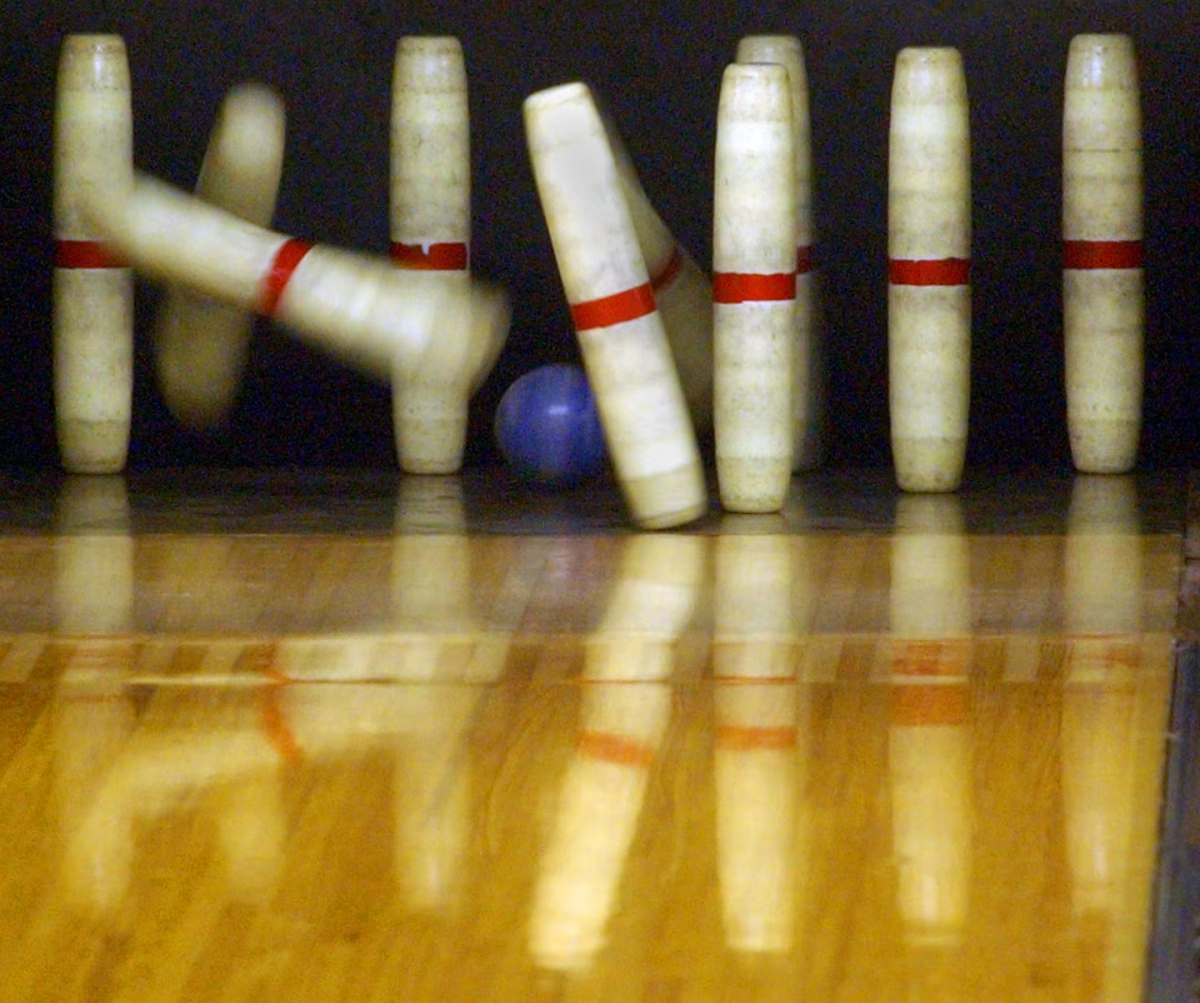
When we exercise, many of us are quick to assume that the more you sweat, the better your workout is. Before assuming that the amount of sweat produced correlates to the intensity of the workout though, we must start at the root of the issue: why do some people sweat more than others? Why do we sweat at all?
Sweating is a completely natural process. The reason humans sweat is to prevent the body from overheating. This can also be referred to as thermoregulation, or the regulation of body temperature. The process of sweating brings perspiration to your skin, which then evaporates. This removes excess heat and, in turn, cools your body. It also helps to keep the skin hydrated and maintains the body’s fluid levels.
According to an article in The Wall Street Journal, studies have shown that people who are less in shape tend to sweat more than their fit peers. However, people who are more in shape begin sweating earlier during workouts as their bodies are used to the activity.
Regardless of fitness level, some people just tend to sweat more than others. Unfortunately, the reasoning behind this is not fully understood. Factors such as height, weight and temperature do play a role, but the amount certain people sweat in comparison to others still varies. There is no rule of thumb to go by.
Following this brief background on the purpose and function of sweating, we get to the real question at hand: does the amount that you sweat correlate to the intensity of your workout or calories burned? Surprisingly, the answer is no.
One thing to keep in mind is that everyone’s body is unique. The fact that some people tend to sweat more than others is something that we cannot change. So if you are exercising and the person next to you is dripping while you have yet to break a sweat, don’t assume that person is getting a better workout than you. If you do the exact same workout as a friend and he or she sweats more than you do, it just means that you have different bodies.
Another thing to consider is that sweating does not necessarily correlate to calories burned. When we sweat we are losing fluid, so it may seem like what we are shedding is calories. The truth is that weight being shed while sweating is simple water weight.
The weight is regained when you rehydrate. This is a completely natural process. It is important to rehydrate after sweating. It is not a healthy method to try to lose weight through a lack of sufficient water intake.
A study conducted by Colorado State University found that during a 90-minute Bikram class (a form of hot yoga), men burned an average of 460 calories and women an average of 330 calories, which seems to be low for a class of that length. This heated class causes participants to sweat more, but does not yield an intense calorie burn. Thus, a shorter, high-intensity class that results in the same amount of sweat as the 90-minute yoga class can generate the same amount of calories burned.
Sweating and calories burned are two different and unrelated elements of working out. It is important to remember that sweating is just your body’s natural process of keeping you from overheating. So don’t let the person sweating bullets next to you in the gym get you down, because you may actually be getting in a way better workout than them.
Jessica Chaiken can be reached at [email protected].


















